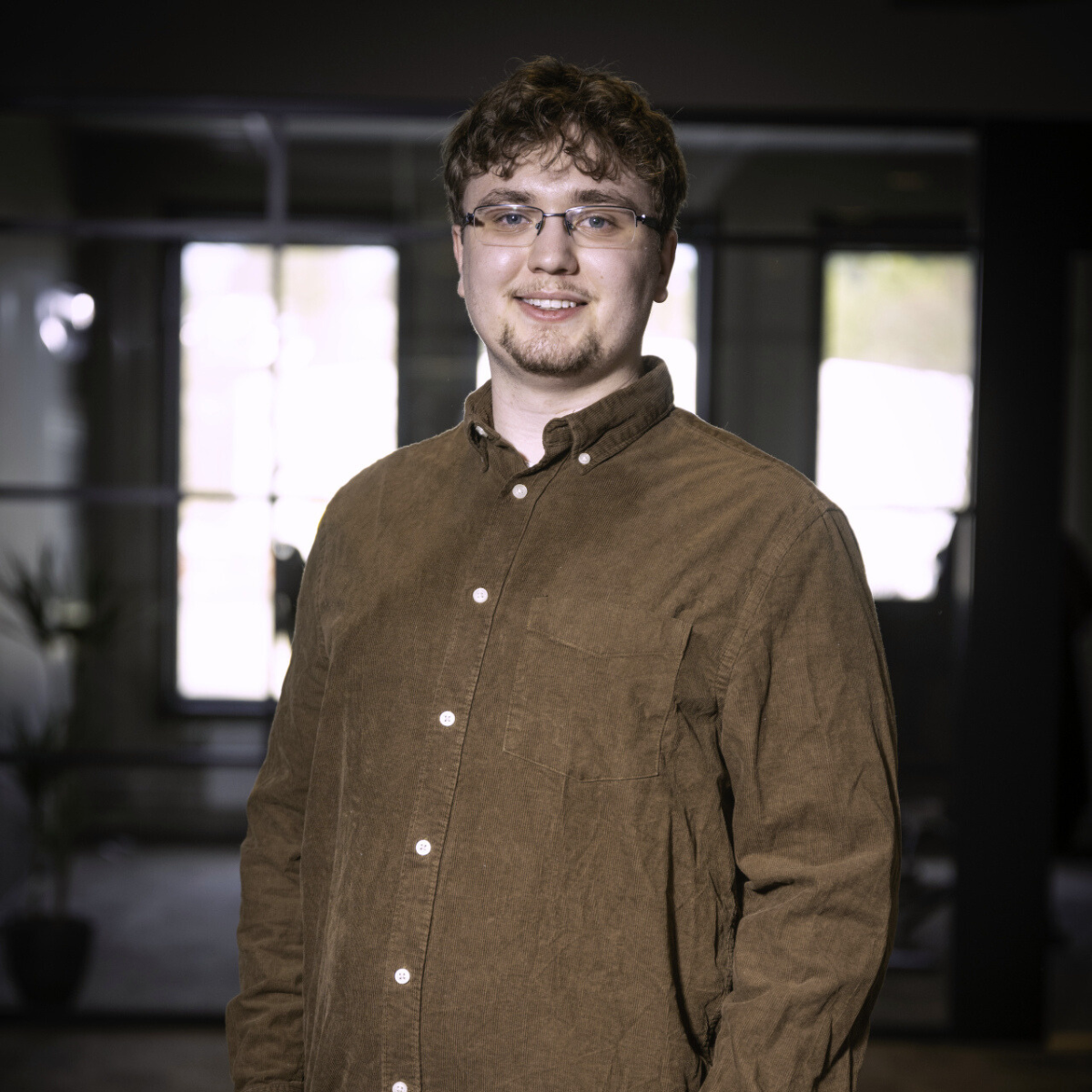Can you tell us a bit about your career journey before joining Future Ordering?
My career journey actually began at Luleå University of Technology, where I was involved in a student project that caught the attention of Future Ordering. They saw potential in my work and offered me a full-time position as a Core Developer. So in a way, my professional journey started here, and I’ve been growing ever since.
What made you choose Future Ordering over other opportunities?
I was drawn to Future Ordering because of its ambitious vision. Being part of a small, fast-moving company aiming to become the number one digital platform partner for quick service restaurants globally was incredibly appealing. I also saw the opportunity to work on greenfield projects rather than maintaining legacy systems, which I knew would accelerate my learning and growth.
How would you describe your current role and what you enjoy most about it?
I'm a Core Developer in the Ordering team, primarily responsible for our integration with Simphony Oracle Stsgen2. This system handles importing menu configurations from EMC and placing orders into the Simphony POS. I really enjoy the technical challenges and the impact our work has on real-world restaurant operations.
What’s been your most memorable or rewarding moment so far?
One highlight was leading the implementation of our Simphony Stsgen2 integration, recognized as the first Oracle-certified integration of its kind globally. It was a major milestone for both me personally and the company.
Why did you choose to work in your field?
I’ve been passionate about programming since I was 14, when I started scripting with "turtles" in a Minecraft mod called ComputerCraft. The idea that a few lines of code can create real-world impact really spoke to me. It’s a creative and problem-solving field that fits me perfectly.
What’s the best part about working at Future Ordering?
The pace is incredible. I get to collaborate with talented and friendly engineers, and we're trusted by the wider organization to deliver value with a lot of autonomy. Plus, I enjoy the flexibility of working remotely, it's a setup that really works for me.
How would you describe the company culture and team dynamics?
The culture here is built on respect, trust, and collaboration. Everyone is genuinely helpful, and you’re encouraged to contribute no matter your role. Mistakes aren’t met with blame, they’re seen as learning opportunities and tackled as a team.
Why should someone consider applying to Future Ordering?
If you’re eager to make a real impact and want to grow fast, this is the place to be. You won’t be stuck waiting months to see your work go live, you’ll take on responsibility early and see the results of your contributions in the real world.
What surprised you most about working here?
Coming from a student background, I didn’t fully realize the level of thought and responsibility that goes into building and maintaining cloud services. Nothing is automatic, you need to think through every detail. That level of ownership was eye-opening.
How does Future Ordering support your growth and development?
Future Ordering supports my development by giving me ownership of meaningful projects and encouraging learning through collaboration. There’s also a strong culture of mentorship, you're constantly learning from others, whether through feedback in code reviews or problem-solving together.
What does a typical day look like for you?
I usually start by reviewing our task board and picking up the highest-priority item. We then have a team standup to align on progress, share any blockers, and give feedback. It’s also a time to switch gears if priorities shift or just catch up casually. After that, I dive into development work and collaborate as needed throughout the day.
How do you maintain a healthy work-life balance here?
I make a clear distinction between work and personal time. Once I leave my home office, I shift into personal mode. It helps me recharge and return the next day with full focus. While we do need to stay available for critical issues, it’s rare to be disrupted outside of working hours.
What advice would you give to someone joining the company?
Don’t be afraid to ask questions or share new ideas. No one expects you to know everything, and curiosity is respected here. We have a flat structure, reach out to anyone, regardless of title. You’ll learn faster and feel more connected by engaging early and often.











